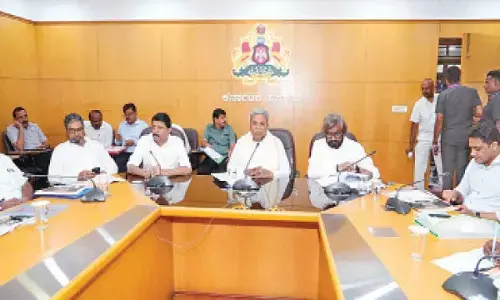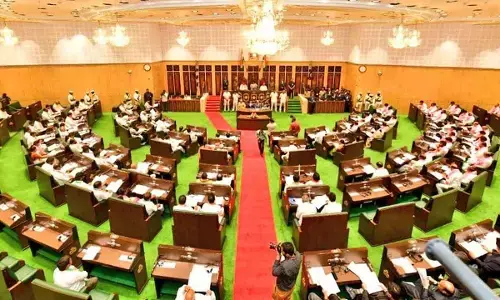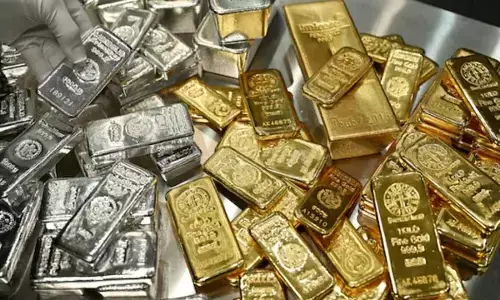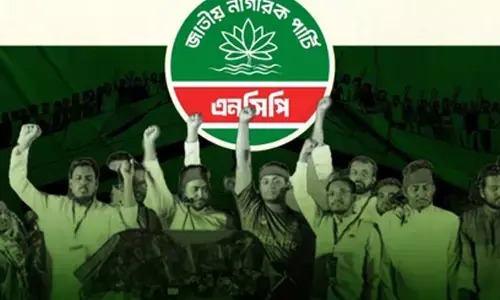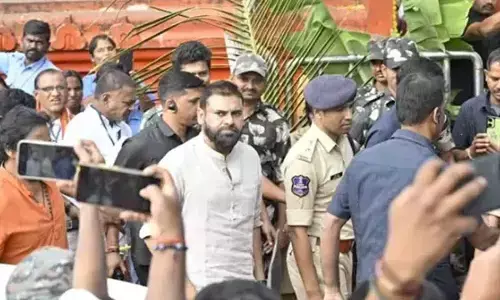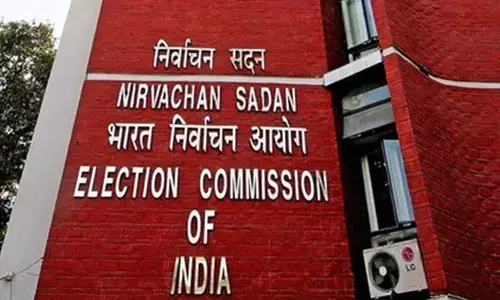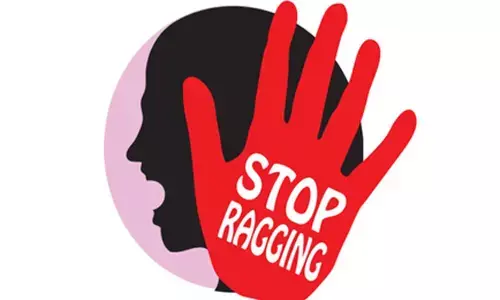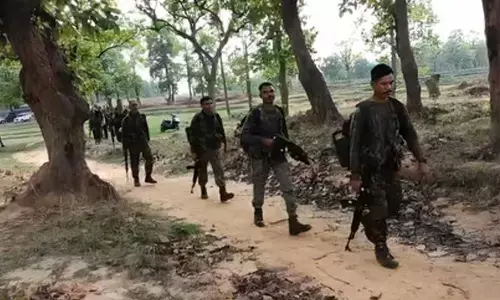Public support for Putin on the wane
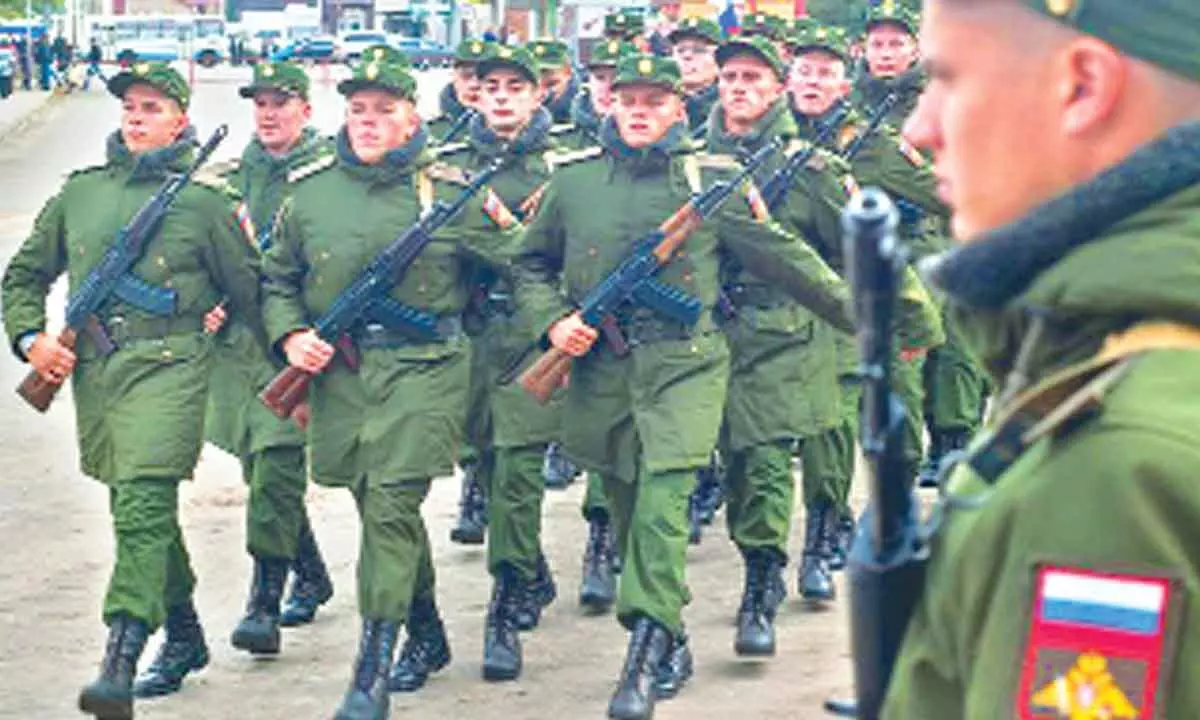
Even as Russia intensifies its attacks on Ukraine, its military appears to be suffering setbacks – from mounting casualties to dwindling military supplies. The Group of Seven countries – the United States, Canada, France, Germany, Italy, Japan and the United Kingdom – convened an emergency meeting on October 11, 2022 and condemned Russia's recent missile strikes on Ukraine.
The latest onslaught began on October 9, 2022, targeting Ukrainian civilian infrastructure and multiple cities. That may indicate a more brutal phase of the nearly eight-month-long military adventure. But even before those attacks rained down on Ukraine, Russian President Vladimir Putin addressed his insufficient military strength and authorised a partial draft on September 21, 2022 of 3,00,000 men to help Russia sustain what many experts consider an illegal offensive. So far, Russia reports that an estimated 2,00,000 new fighters have been drafted into the military.
The draft has triggered a new wave of discontent across Russia. Hundreds of thousands of Russians have fled the country. There have also been multiple violent attacks on Russian military recruitment centers. The Kremlin has worked to subdue anti-mobilisation protests and has arrested more than 2,400 demonstrators.
Meanwhile, public opinion polls by the Levada Center, Russia's leading independent polling group, continue to show that Russians overwhelmingly support Putin and the "special military operation," as he has called the war. But as a scholar of Russia and public opinion, I think that public approval of the President and the assault on Ukraine is nevertheless shifting in light of the mobilisation, as more families are torn apart by the hostilities.
Russians traditionally have considerable confidence in their army. A survey in December 2021 demonstrated that Russians trusted the military more than any other state institution or official, including the president. However, the war seems to have made Russians more reluctant to serve in the army. Although the military typically meets its conscription targets, Russia did not meet its goals in a previous campaign to recruit more soldiers from April 1, 2022 to July 15, 2022. In that effort, the Russian Ministry of Defense sought to bring in 1,34,500 soldiers but only enlisted about 89,000.
The Russian military is now facing more criticism – even from its supporters – because of its recent battlefield failures. There is currently heightened concern among Russian elites about how the military is mismanaging the draft and Russian troops retreating from territories they previously occupied. Other experts argue that surveys reveal mainly what people are willing to tell pollsters, not necessarily what they truly think. But new polls indicate an emerging shift in public attitudes.
By breaking the impression of normalcy, the draft may be pushing more Russians out of their psychological comfort zone. The percentage of Russians who say they intently monitor the situation in Ukraine slowly declined after March 2022. But this trend recently reversed, and the proportion of Russians reporting they "very closely" follow the war rose from 21 per cent in August 2022 to 32 per cent in September 2022. The most common emotions evoked by the war are no longer national pride but rather "anxiety, fear, horror" and "anger, indignation," people say in the latest polls.
Authoritarian leaders like Putin need to keep up the appearance of popularity to maintain unanimity and social consensus. It is difficult to predict whether Putin's public support will remain strong enough for him to remain in power. Putin's approval ratings dropped from 83 per cent in August 2022 to 77 per cent in September 2022. Most Russians continue to believe the country is moving in the right direction, but public sentiment may change as more people are mobilized into the army.
Putin has outlived many predictions about his fall from power before, and the public may ultimately come to accept the mobilisation. Yet, the regime becomes more fragile as public support declines. Resentment toward the Kremlin may increase as more young men, who previously showed little interest in the war, worry about being sent to fight. Most Russians expect the war to last at least another six months, but it is unclear how much patience they will have as the bloodshed goes on, without a clear resolution in sight.
(Writer is Assistant Director, Russia and Eurasia Program, The Fletcher School of Law and Diplomacy, Tufts University, US; The Conversation)








